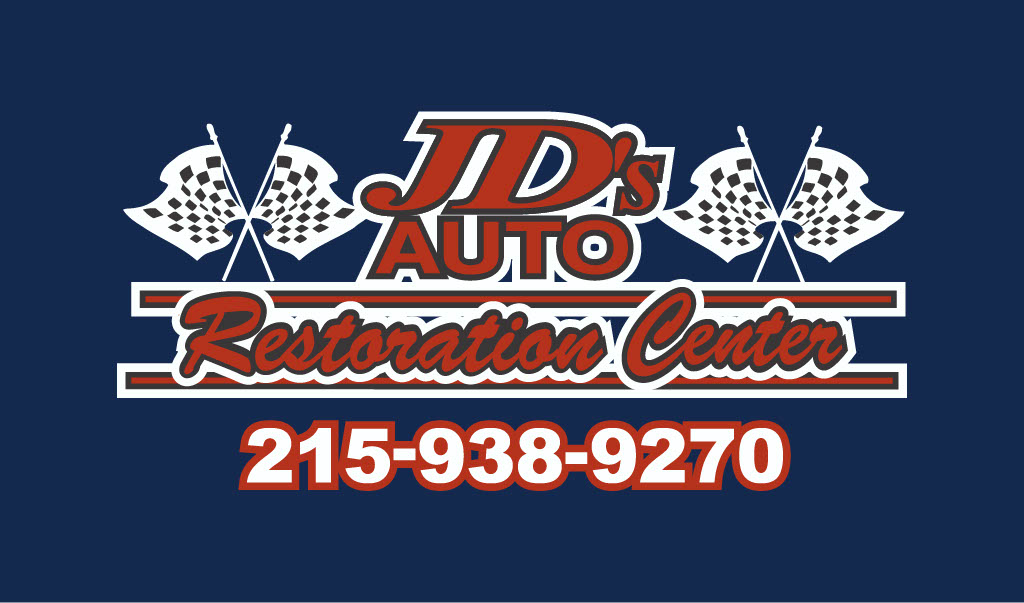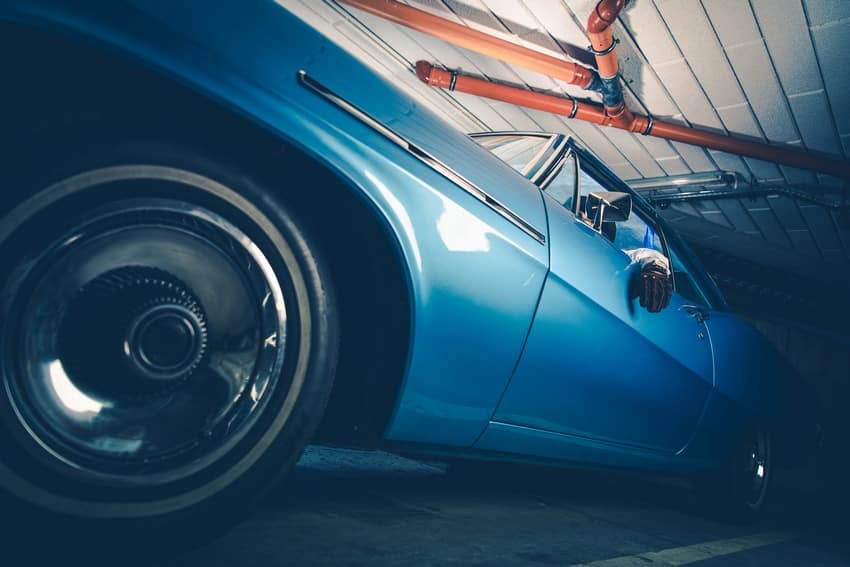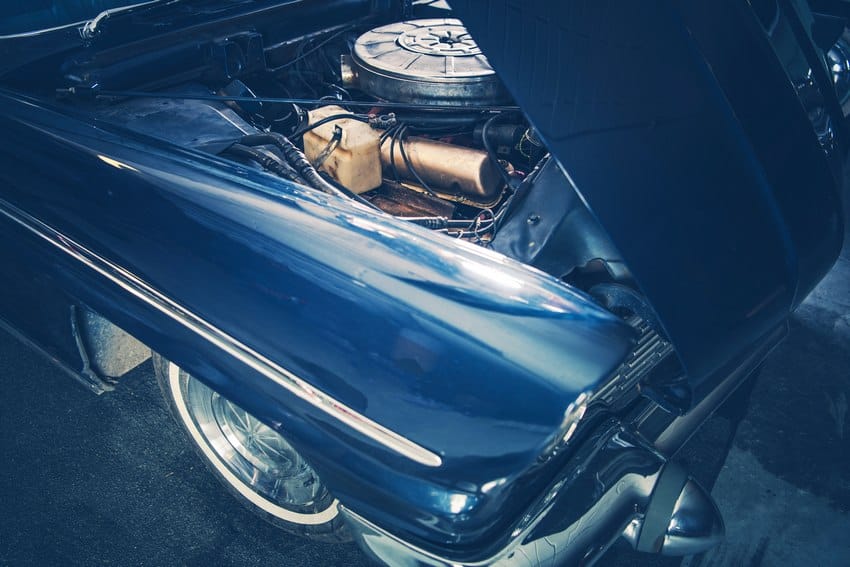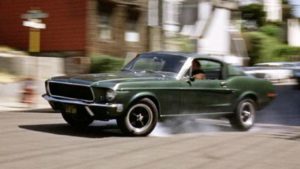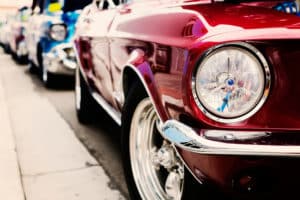If you’re thinking of investing in a classic car, there are probably few purchases that are both so exciting and so nerve-wracking! Doing some research into the world of classic cars is a must as there are so many factors that differ from buying a conventional used car such as the costs of maintenance, restoration, and insurance. Here at JD’s Auto Repair, we’re going to give you a quick guide to buying a classic car.
What to think about when buying a classic car
These are just some of the questions you should be asking yourself before you go out and buy a classic car on pure impulse!
- What is your expected return on investment? – If you’re buying a classic car as an investment opportunity, you should be aware that it can be very difficult to make money this way. The market is very volatile and for someone who doesn’t have a love for classic cars, this can be a particularly risky financial move!
- Why are you buying a classic car? – Have you really asked yourself this question? Many people want to hit all the major reasons such as for an investment opportunity, for driving on the weekends, to exhibit at car shows, etc. But the truth is that many cars can’t tick all these boxes, so it’s good to reevaluate exactly why you want a classic car and stick to buying one that meets your needs.
- What is your budget? – Know what your budget is before you rush into buying a classic car and find out the retail value of the model you’re looking to buy. This is particularly relevant when buying a car on the internet!
- Have you checked the mileage? – The mileage of a car represents how much it has been used in the past. This doesn’t necessarily mean that you should avoid cars with a higher mileage, but it does mean you should expect any mileage to be reflected in the price!
What to inspect when buying a classic car
So, you’ve done your research, you know what you want, and you have the budget to buy it – but what do you need to check before you hand over the cash for your all-important dream purchase? Here are a few things we recommend you check before any money changes hands.
- Is the title clear? – Checking to see whether the title is clear may save you having to fork out for fees and penalties related to applying for a new title or for purchasing an unregistered vehicle.
- VIN – The Vehicle Identification Number should match the tag on the car. If it does not, it may indicate that the car has been stolen, was in a serious accident, or that the title is counterfeit – all scenarios you don’t want to end up in!
- Check the interior – Check to see if the interior will need work – changing fixtures such as seats, upholstery, the dashboard, etc. can really add up!
- Check the exterior – Make sure you check the car on the outside during daylight hours, and double check the condition of the paintwork, the panels, and any signs of previous repairs. Small scratches and dents can take a significant amount off the value of the vehicle.
- Check for rust damage – Rust damage is sometimes hard to notice, so do a thorough check for signs just in case you’re left with a nasty surprise at a later date!
- Test drive the vehicle – This may seem like an obvious one, but in the excitement of the moment, it may be easy to forget that you actually need to test drive the vehicle. Check that it’s running smoothly and that it feels safe and healthy – check the brakes, the steering, and suspension.
Getting classic car insurance
Once you’ve made all the checks and have parted with the cash, it’s a good idea to get your classic car insured! At JD’s Auto Repair we recommend checking out Hagerty insurance for your classic car as they specialize in insurance for specialty vehicles.
